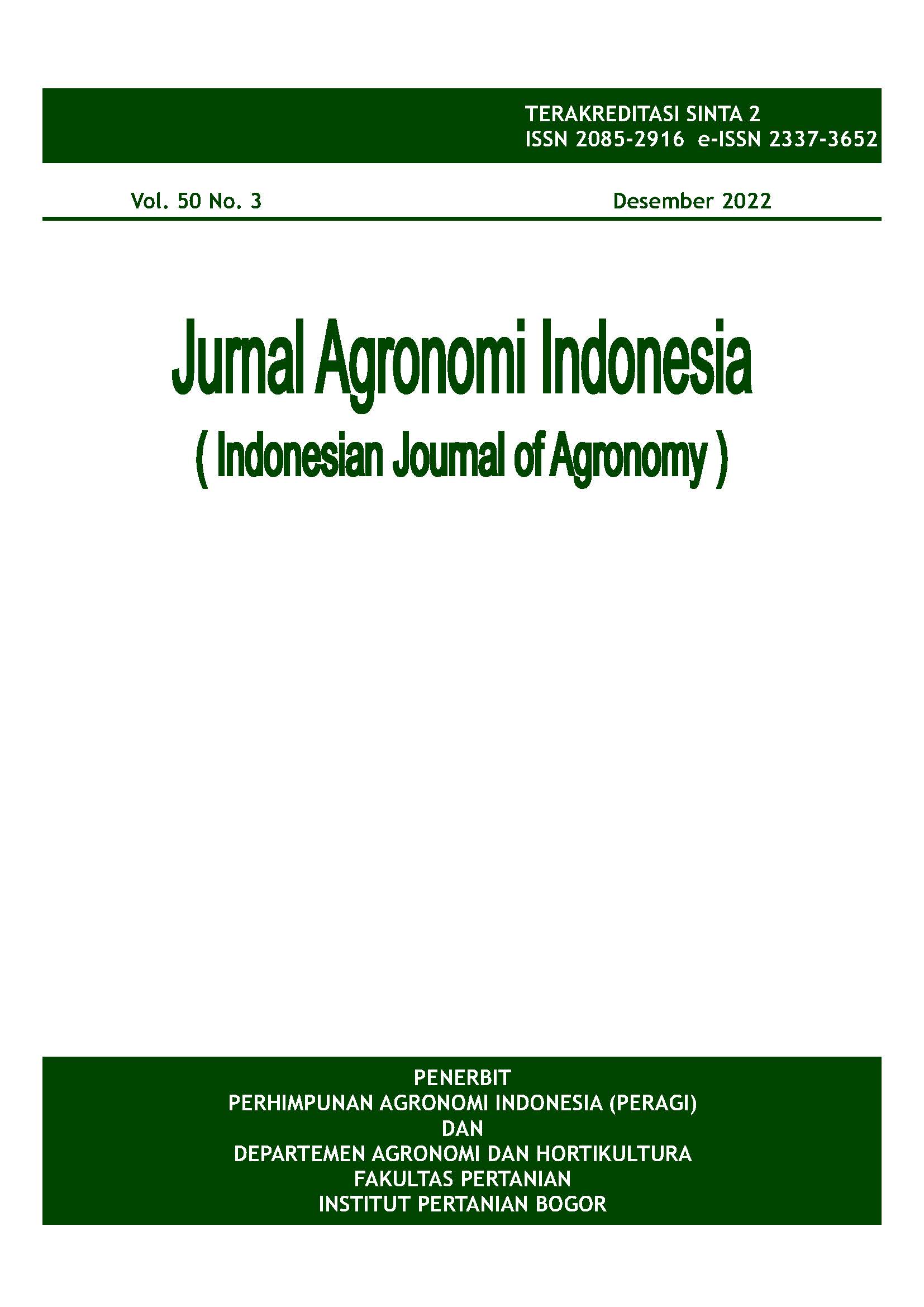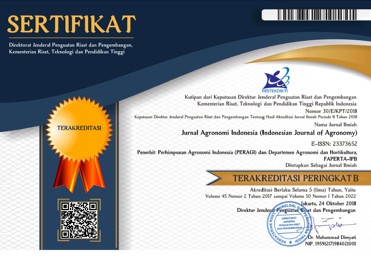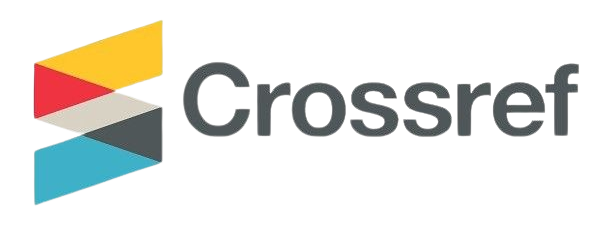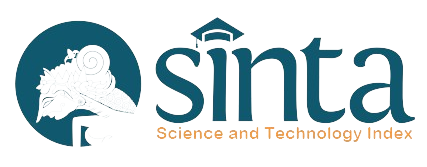Effect of BAP, IAA, and Types of Explants on the Regeneration Efficiency of Tomato Fortuna 23
Abstract
This study aimed to determine an efficient regeneration protocol for genetic transformation of tomato Fortuna 23. This study was conducted from August 2021 to February 2022 at the Tissue Culture Laboratory, Faculty of Agriculture, University of Jember. The study consisted of 2 experimental designs, i.e, a completely randomized factorial design for shoot induction study with three factors and three replications and a completely randomized non-factorial design for root induction study with five replications. The treatments for shoot induction study were BAP (0, 1, 2, and 3 mg L-1), IAA (0, 0.1, 0.2, and 0.3 mg L-1), and types of explants (cotyledons, hypocotyls, and roots). The treatments for root induction study were NAA (0, 0.1, 0.5, and 1 mg L-1). The combination treatment B2A3E1 (BAP 2 mg L-1 + IAA 0.3 mg L-1 + cotyledons) was the best treatment for shoot induction since it was able to produce the highest number of shoots (8 shoots), with shoots appearing fast (21 HSI) and callus appearing fast too (7 HSI). NAA 0.5 mg L-1 resulted in the fastest root emergence (3 HSI), the highest number of leaves (5 leaves), and the highest number of roots (26).
Keywords: regeneration, root induction, shoot induction













